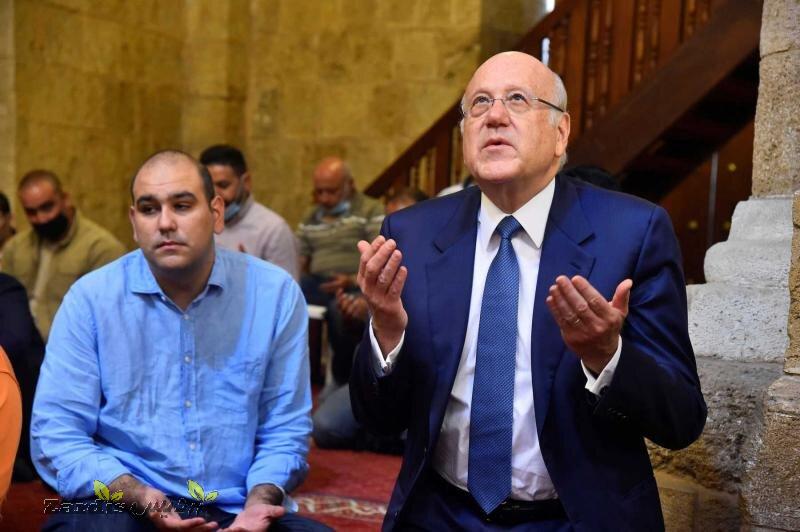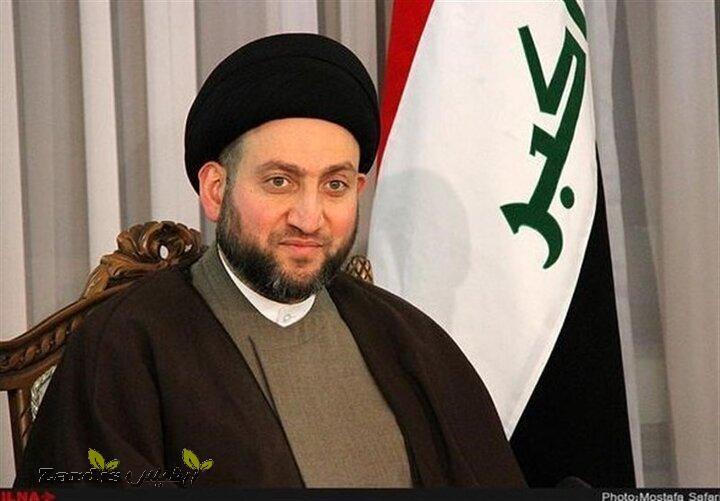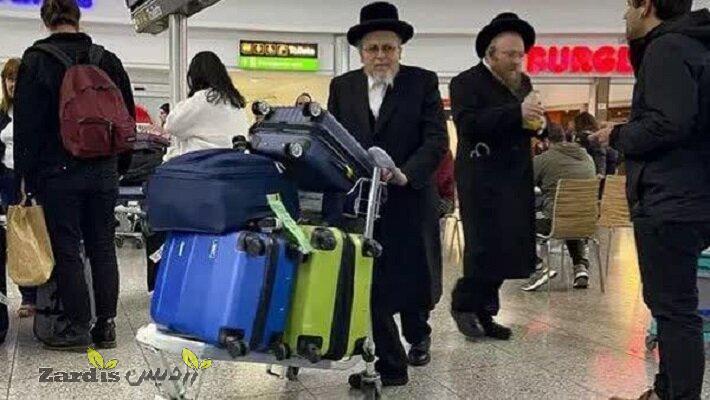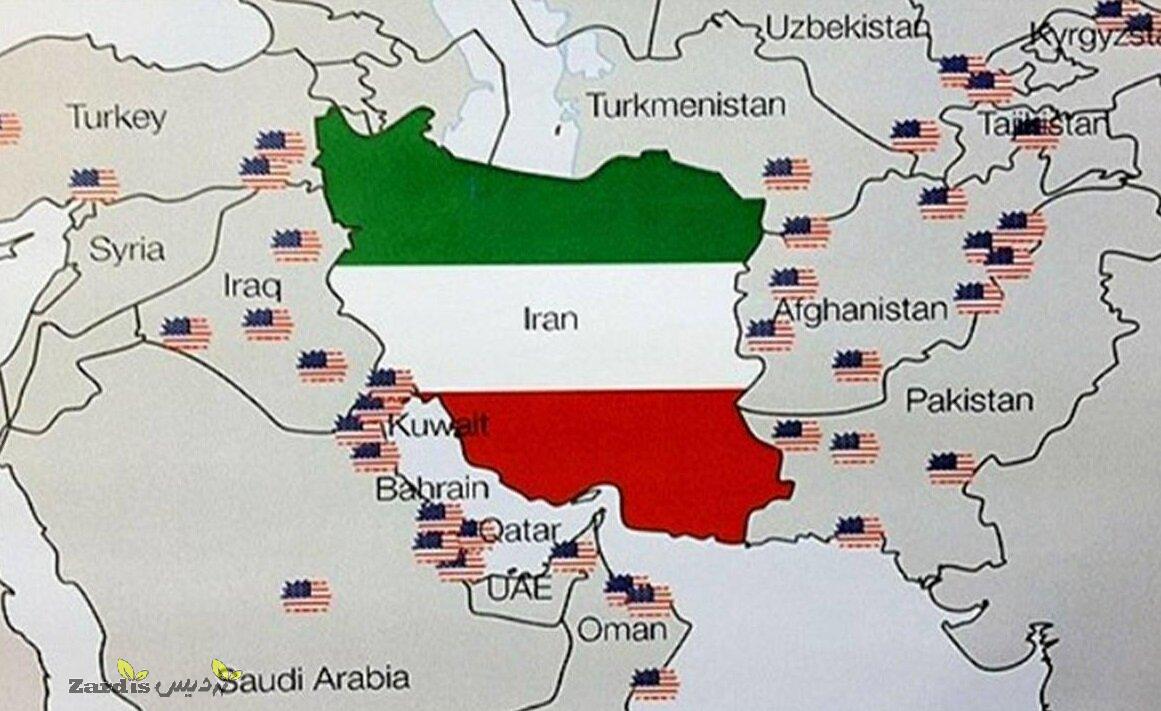TEHRAN – Lebanese leaders across the political spectrum have formed a new government led by veteran politician Najib Mikati, breaking a 13-month stalemate that worsened the economy of the religiously diverse country.
Mikati tearfully announced the formation of Lebanon’s new government on Friday, more than a year after his predecessor Hassan Dian resigned in the wake of a devastating explosion that razed much of Beirut’s port to the ground.
Cutting an emotional figure, telecoms billionaire Najib Mikati described the economic woes the Lebanese are facing in their daily lives. He vowed to put an end to these hardships during a presser on Friday that followed a meeting with President Michel Aoun and Speaker of Parliament Nabih Berri.
Mikati was tasked with putting together a government nearly 45 days ago when the former prime minister-designate, Saad Hariri, announced that he was unable to form a new government, pushing the crisis-stricken country one step closer to an all-out collapse.
Forming a government has never been an easy task in the sectarian system of Lebanon. Prime minister-designates would always try to build consensus among various politico-religious factions before any government formation. Even Hariri himself had usually abided by these factional rules.
But last year’s deadly blast at Beirut’s port has made the formation of government particularly cumbersome. On the one hand, it left the already ailing economy in shambles. On the other hand, the blast paved the way for foreign countries to dictate their whims on the Lebanese factions who had just survived angry popular protests demanding better living conditions.
The complex interplay between internal and external factors was about to bring about a total collapse of order in the Arab Mediterranean country. Some regional states and their local clients have even bet on such a collapse in the hope of curbing the Iranian influence at the expense of Lebanon’s stability and well-being.
Ever since Diab succeeded Hariri in late 2019, political wrangling and bickering in Lebanon have taken a new turn. Some regional states, namely Saudi Arabia and the United Arab Emirates, inflamed political tensions by favoring some factions over the others and mobilized the public against the whole system through their media outlets. They also refused to lend Lebanon a helping hand after holding their ally Hariri responsible for the failure to undermine Iran’s influence.
Hariri, who had resigned in 2019 under the pressure of popular protests, sought to try his hand at winning the heart of the Saudis and the Emiratis when he was chosen to form a new government. He saw an opportunity for smearing his rivals by accusing them of blocking his efforts to save the country’s deteriorating economy.
Instead of making consultations with Lebanese factions, Hariri spent most of his time traveling to countries such as France, Saudi Arabia, the United Arab Emirates, Qatar, and Egypt in the hopes of getting support from these countries. He spent more time traveling abroad than consulting with Lebanese political factions.
But the message he heard from his Saudi and other sponsors was the same: No Saudi support until he pledges to form a government that significantly takes on the Iranian influence in Lebanon.
Hariri failed to do so and resigned. Hariri’s resignation was an indication that his foreign allies have conditioned the formation of government on the eradication of the presumed Iranian influence.
But the success of Mikati in forming a government showed that pursuing impossible goals is bound to end in failure. The new Lebanese prime minister conducted fruitful talks with all Lebanon’s factions without intending to eliminate or undermine the political sway of any of them.
This approach seems to have angered some local and foreign forces. Samir Geagea, the head of the Lebanese Forces party who is known for his criticism of Iran, has reacted negatively to the formation of Mikati’s cabinet, saying that the new prime minister will be unable to make the desired changes.
Geagea inveighed against Hezbollah and the Free Patriotic Movement, calling them the “solid nucleus of the ruling group” that is responsible for bringing Lebanon to its nadir.
How can this nucleus get Lebanon out of the crisis through a government that it is primarily responsible for forming? Geagea asked.
Externally, there was a similar resentment. The Arab Weekly, a publication close to the United Arab Emirates, claimed that the new Lebanese government was “cleared” by Hezbollah, which takes “its cues from Tehran.”
“Political sources said that Hezbollah pressured President Michel Aoun and his son-in-law, Gebran Bassil, leader of the Free Patriotic Movement, to allow Mikati to form his cabinet in the wake of an Iranian-French understanding that was reflected by contacts between French President Emmanuel Macron and Iranian President Ebrahim Raisi” the Arab Weekly reported.
In a telephone conversation in early September, Ayatollah Raisi told his French counterpart that Iran supports the formation of a strong government in Lebanon that can ensure and protect the rights of the Lebanese people.
“We will not withhold any humanitarian assistance to the Lebanese people and are ready to cooperate with France for progress and development of Lebanon,” he said.
The Lebanese people are suffering from economic sanctions today and France can play a role in lifting these sanctions, the Iranian president noted, adding, “The efforts and assistance of Iran, France, and Hezbollah to form a strong government in Lebanon can benefit this country.”
Regardless of the presumed influence of Iran, the formation of government in Lebanon was a blow to all the countries that did their utmost to prevent the formation.
- News code 31916
- 297 View
- بدون نظر
Zardis news | The latest news of Iran and the world
تمامی حقوق مطالب برای Zardis news محفوظ است و هرگونه کپی برداری بدون ذکر منبع ممنوع می باشد.
طبق ماده 12 فصل سوم قانون جرائم رایانه ای کپی برداری از قالب و محتوا پیگرد قانونی خواهد داشت.
طراحی و اجرا: سامانه سایت ساز زردیس
